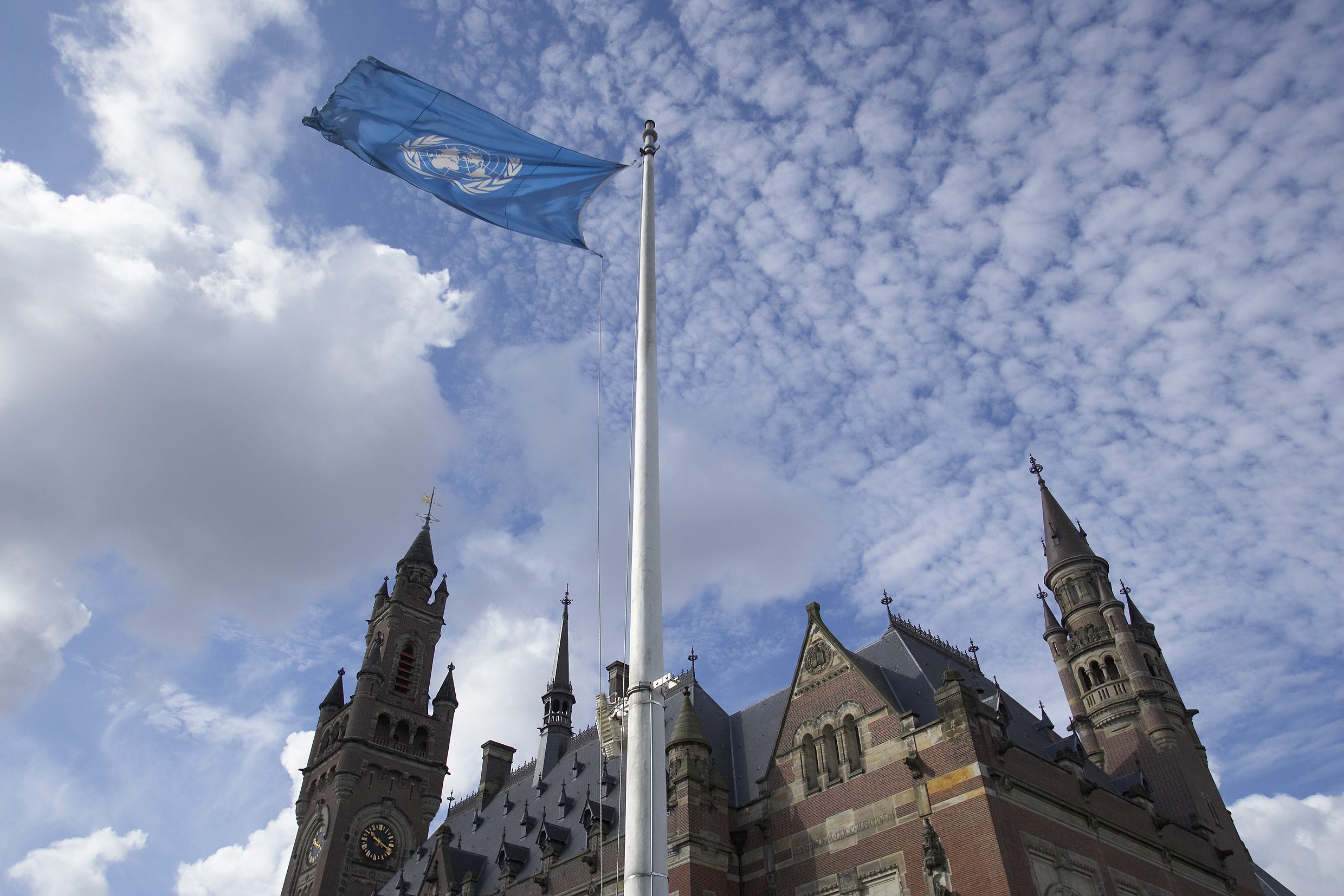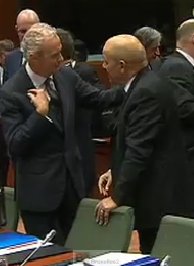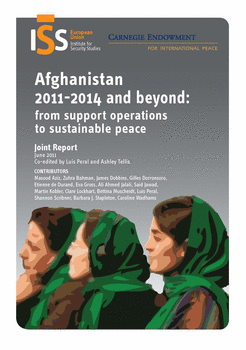The European calendar is accelerating, the 27 put the gum to the nominations
(BRUSSELS2) Everything is accelerating at European level. While the Constitution and then the Treaty of Lisbon dragged on in their ratification for several years, with many twists and turns (the successive French, Dutch and Irish "Nos"), the 27 have now decided to "put the rubber on" to allow the new European institutions to be put in place as quickly as possible. The European Commission cannot, indeed, remain in "day-to-day business management"for several months.
Behind the scenes work... The European Commission changed its rules of procedure last week. The European Parliament is preparing to do so (the Constitutional Affairs Committee adopted the draft changes). And the Council has modified various organizational instruments (cf. chairmanship of committees). It still has to adopt the European Council regulation. On 11 November, Commissioner Margot Wallström will present the procedures for applying the citizens' initiative referendum. But the supreme formality was still missing: the last ratification. After the agreement obtained at the European summit, the Czech ratification was to be a formality. But everyone was wary of a last-minute surprise. It has not happened. On the contrary, everything was quickly.
An express Czech ratification. The judgment of the Czech Constitutional Court, which rejects the plaintiffs' appeal, was known in the early hours of the morning. And at 15 p.m., Czech President Vaclav Klaus announced on television that he had affixed his signature to the Lisbon Treaty. It suffices that this ratification - with the countersignature of the Prime Minister - be received in Rome in time (before November 30) for the Treaty to be fully applicable from December 1. But already, the European leaders are pushing a "Whew" of relief! And all the work done in recent weeks will be finalized and formalized.
Appointments. An extraordinary summit will be able to be convened, very quickly, in the coming days, to finalize all the appointments. Most countries have already appointed their representative to the European Commission (read the updated page). There are only a few countries missing that have not done so (Ireland, Netherlands, United Kingdom, Sweden Czech Republic, Hungary, Romania) either by tactical calculation (on track for the High Representative), or by political difficulty internal. But there are above all two main unknowns: Who will be the President of the European Council? Who will be the High Representative? The Swedish presidency is therefore consulting at all costs, "confesses", in European language", asking each Member State to designate their candidate and a second name (fallback solution) and hopes to arrive at a consensual proposal: "only then will the Summit be convened“explains a European expert. "But for the moment we have not reached the point of consensus".
Leader tickets in the race. For now, the ticket Van Rompuy / Miliband popular in Brussels, the first as President of the European Council, the second as High Representative. This "couple" has an advantage: being linguistically, politically and geographically balanced and seems to win a majority of votes. But this comes up against a dead end: do they agree and who can replace them at the national level? Certainly the most complex problem is in Belgium. Herman Van Rompuy had arrived at the head of the Belgian government after a period of latency and turbulence (the resignation of the Leterme government, the accusations of interference in the Fortis file by several ministerial officials and the sharpened Francophone/Flemish community problems). A few months later, everything calmed down. And the replacement of the one who esteemed himself "anything but essential"before his appointment, does not seem obvious. Already, several parties are talking about the possibility of early elections if he leaves. On the side of the person concerned, we remain very laconic,"no comment", specify his relatives, thus indicating in the language "vanrompuyien" that the person concerned is leaning very seriously towards the European exit door. (*) In the United Kingdom, the problem is different but identical. Going to Brussels has never considered by the British as a promotion. David Miliband promised a brilliant destiny as leader of the Labor Party, or even Prime Minister for a few weeks before the elections, will he accept this "entrance to the European convent". Leaving in opposition for at least 5 or even 10 years is not automatically exciting (in this case, Mandelson would take over the leadership of the Labor Party).To replace this ticket, the other formulas are less attractive. Balkenende / D'Alema has some limitations as well. Dutch Prime Minister Jan-Peter Balkenende has reduced his chances of winning the post of President of the European Council because he does not speak French, which is a serious handicap. With d'Alema as High Representative, the Commission would have an excellent connoisseur of international affairs (this candidate would be preferred by Nicolas Sarkozy) but it would then find itself headed by two personalities from the Latin world, which is not very balanced. The hypothesis of the former Austrian Prime Minister bowl is more delicate, because it seems difficult to make the First President of the European Council become a head of government who has concluded an alliance with the extreme right. As for the hypothesis De Hoop Scheffer, as High Representative, she is no longer mentioned for the moment. Which (in European language) is not automatically a guarantee of failure. On the contrary! The next European summit could therefore, like a "milkshake", bring out... other names.
(*) The previous European summit (in June) had reserved the possibility of a gradual entry into force of the new European institutions. In this hypothesis, Spain could preside - as now - the European Union. And Van Rompuy would then preside over the European Union in the second half of 2, as Belgian Prime Minister. The proper function of the European Council would then only begin on 2010 January 1... ie a few months before the scheduled date of the Belgian elections (June 2011).


